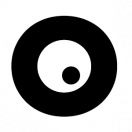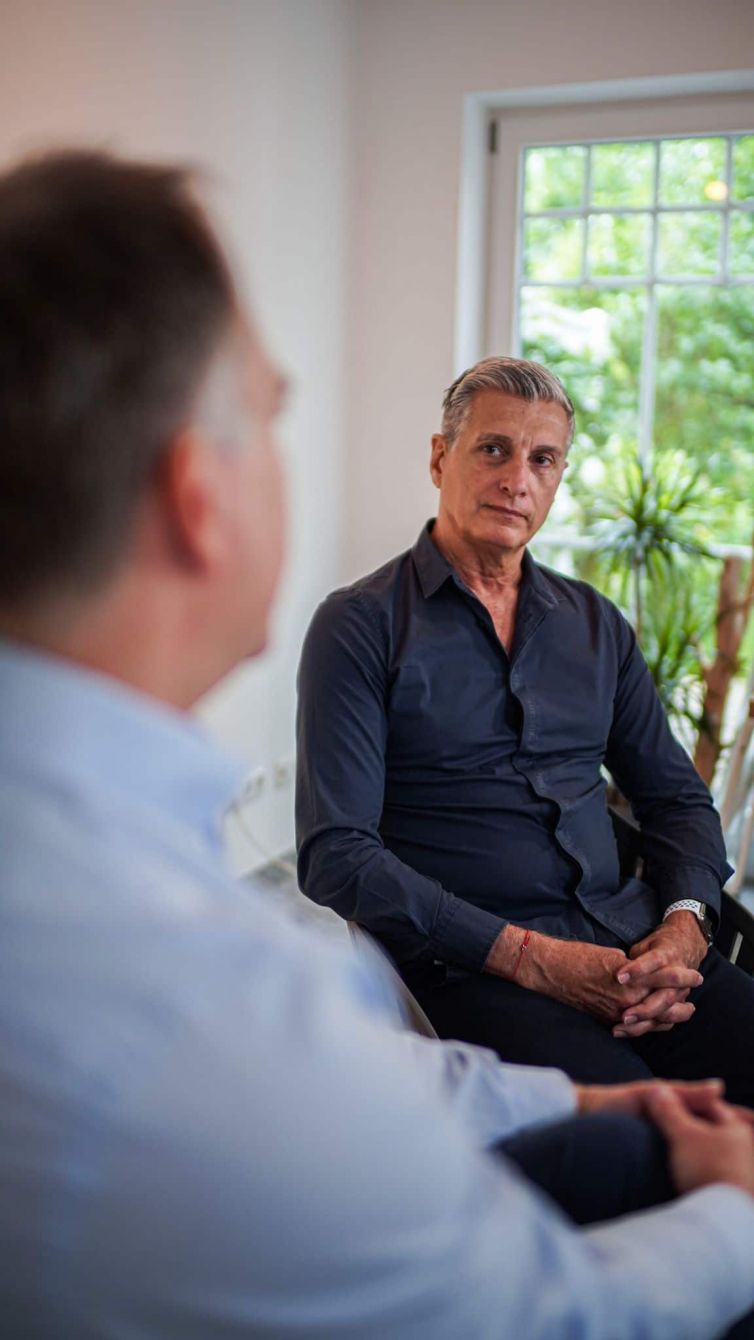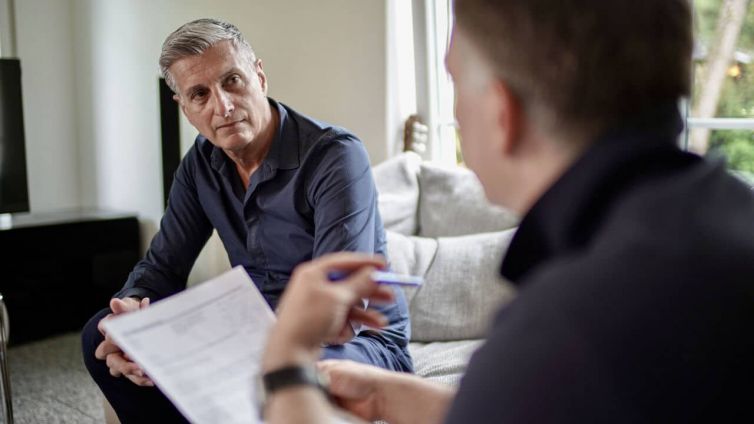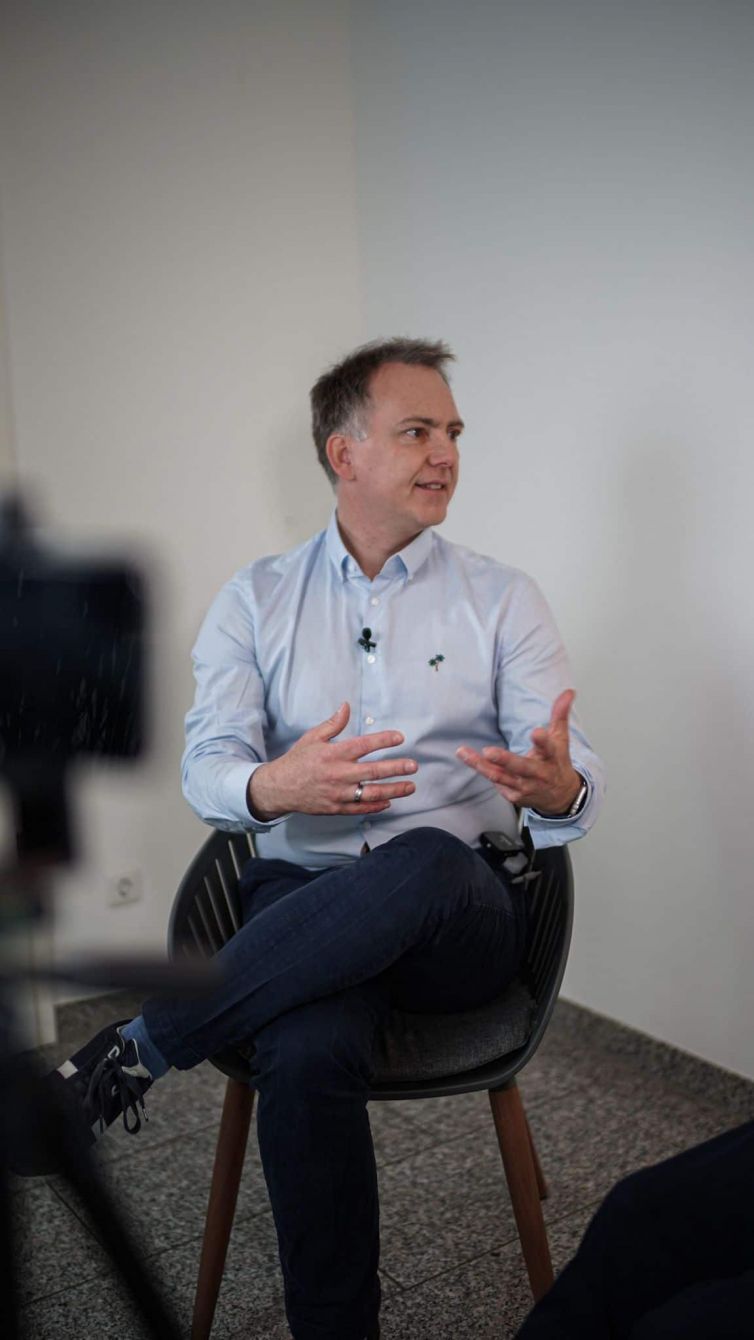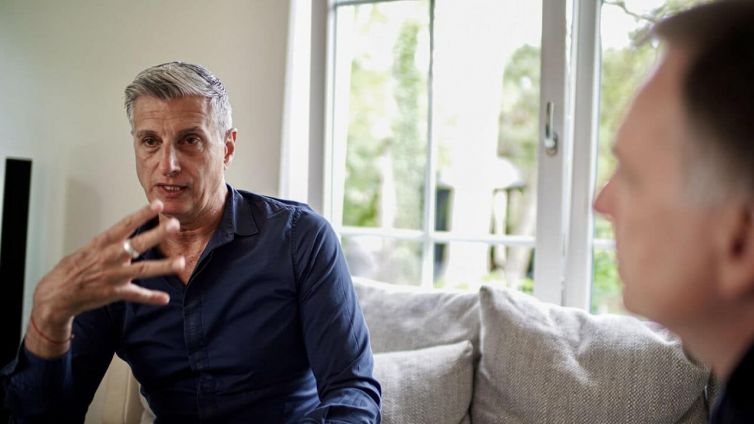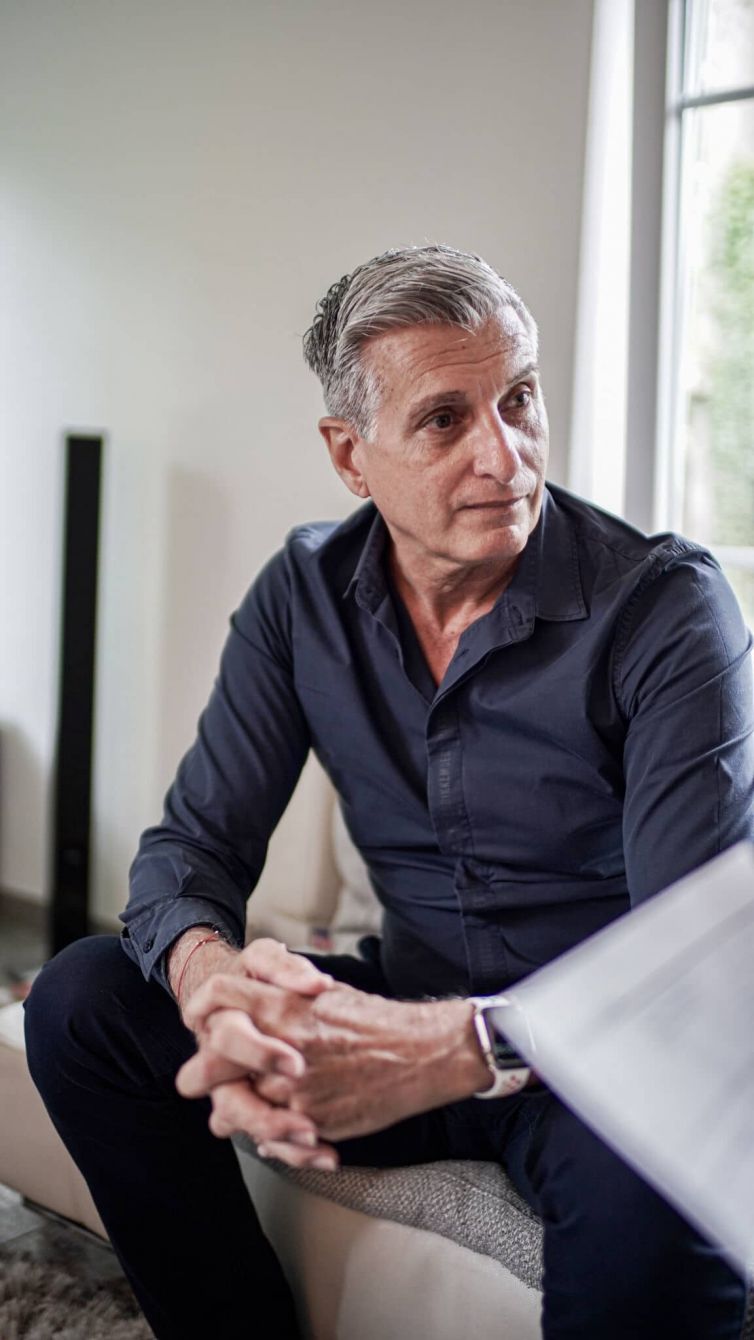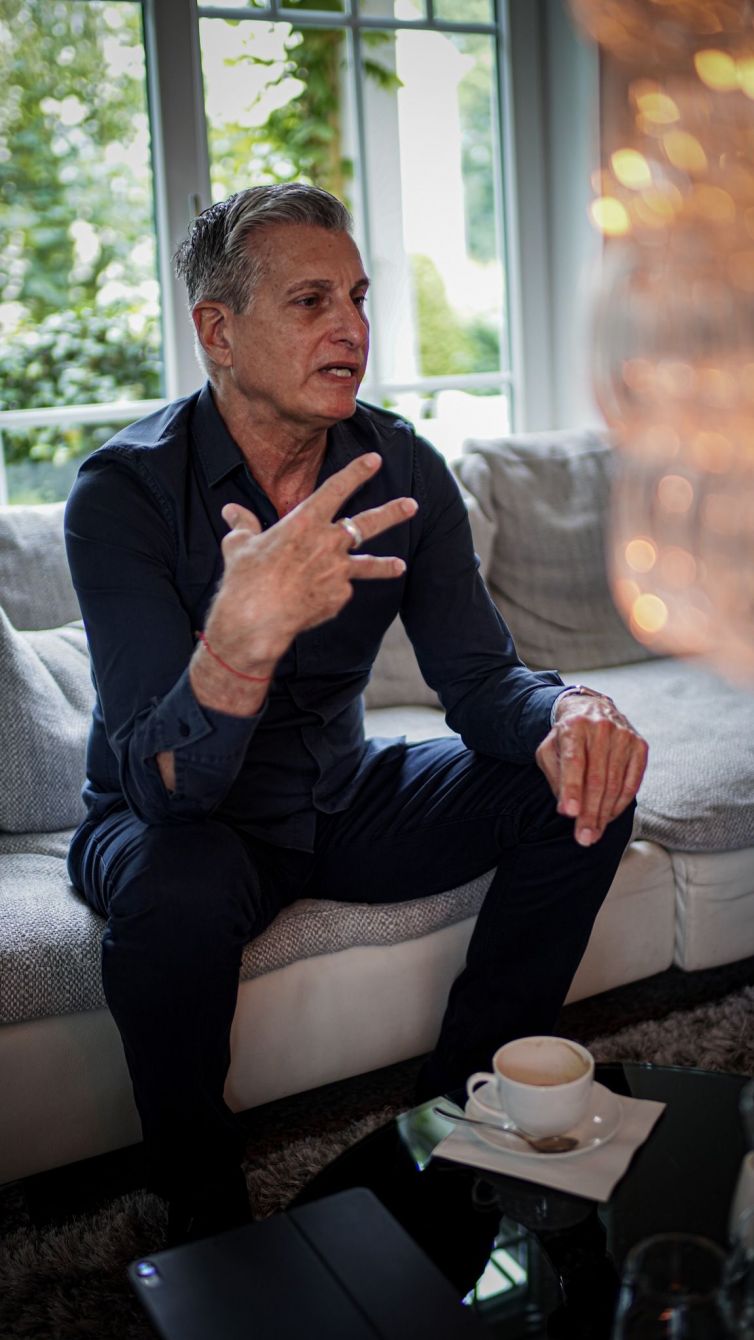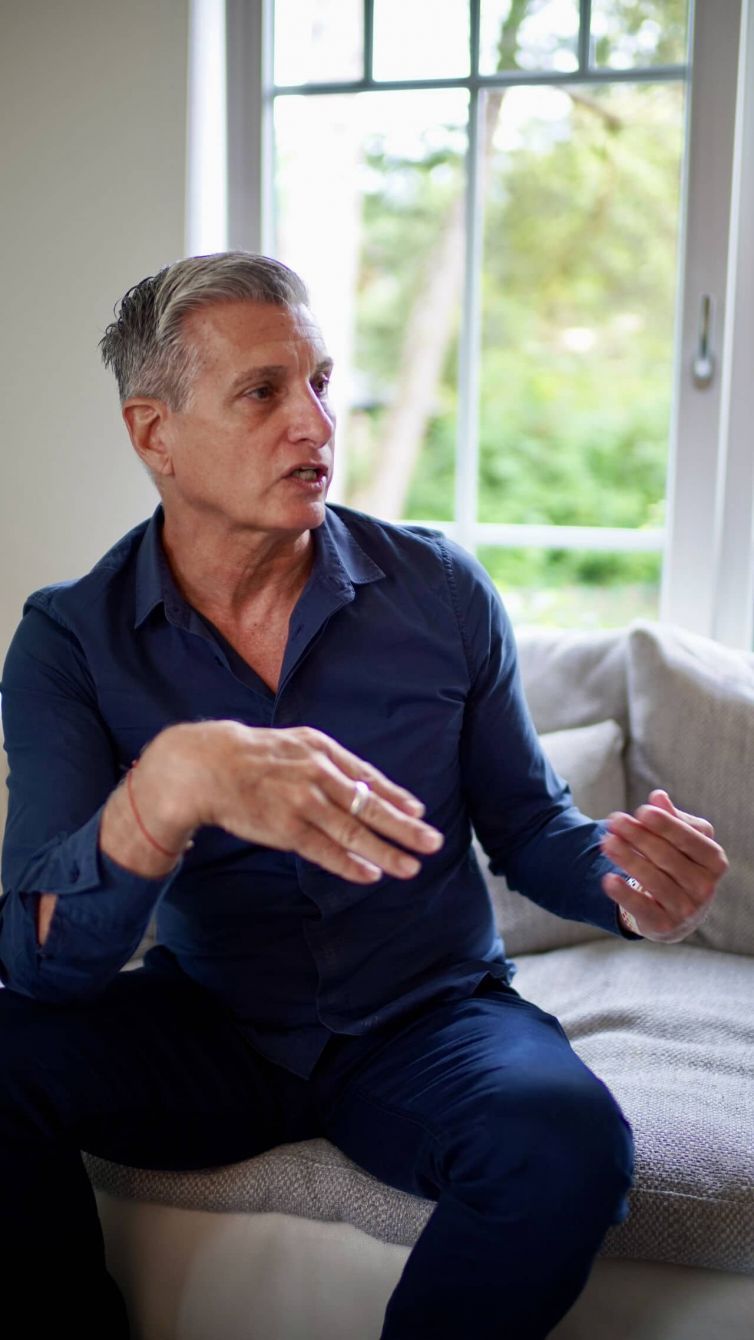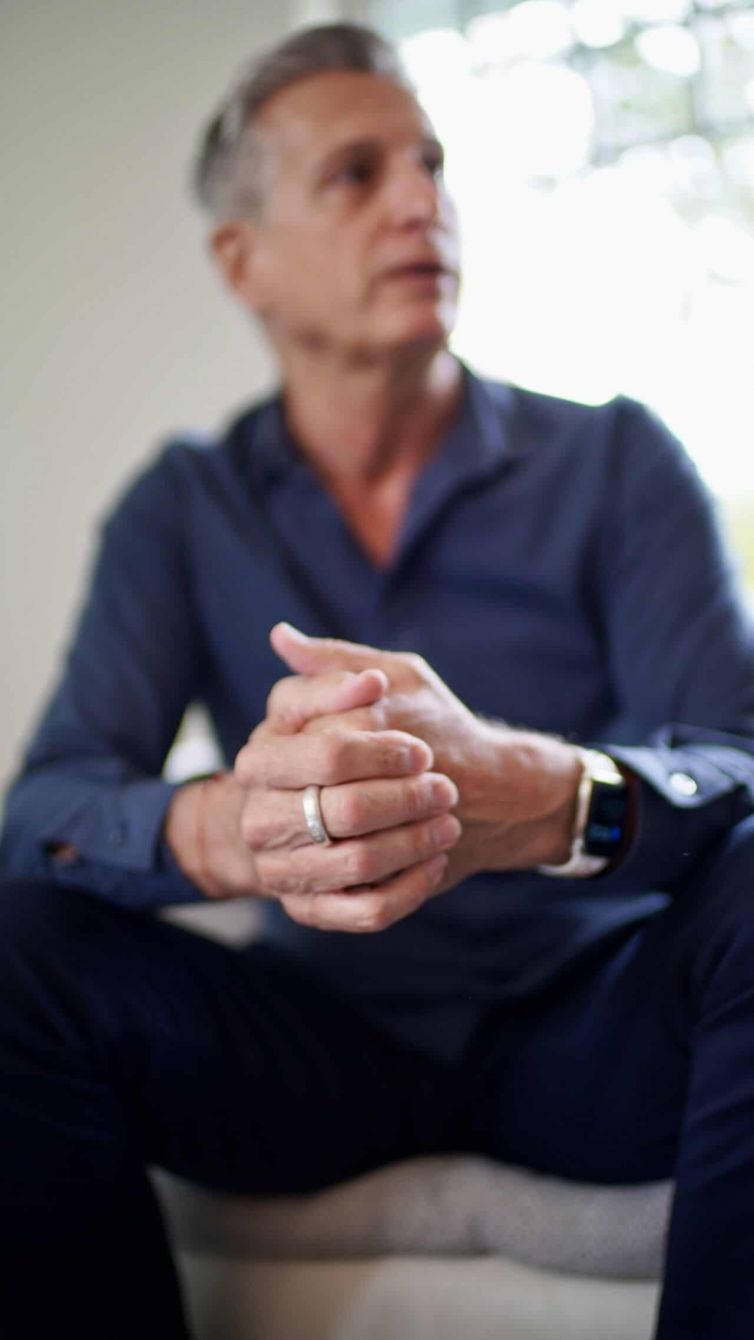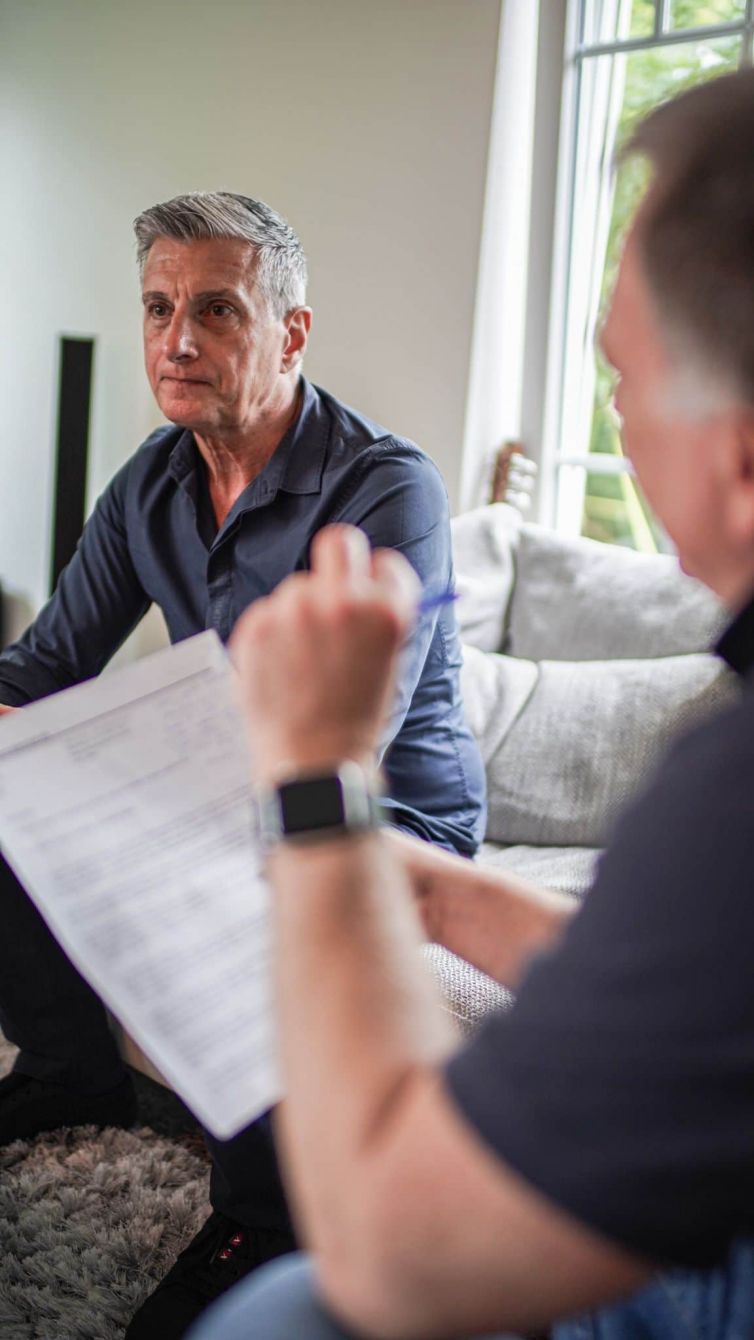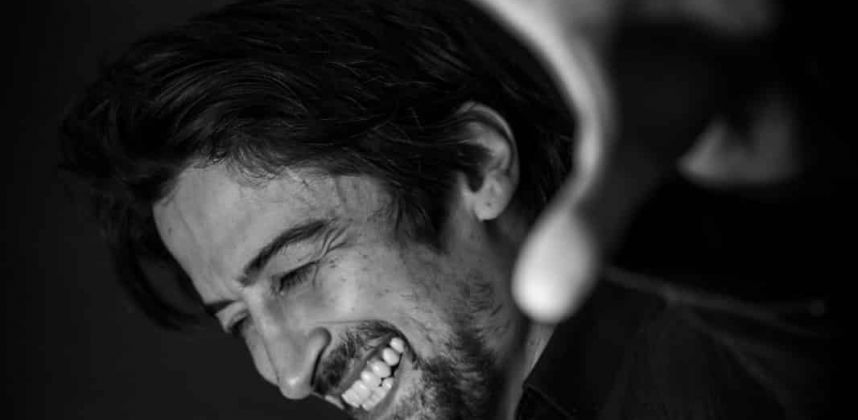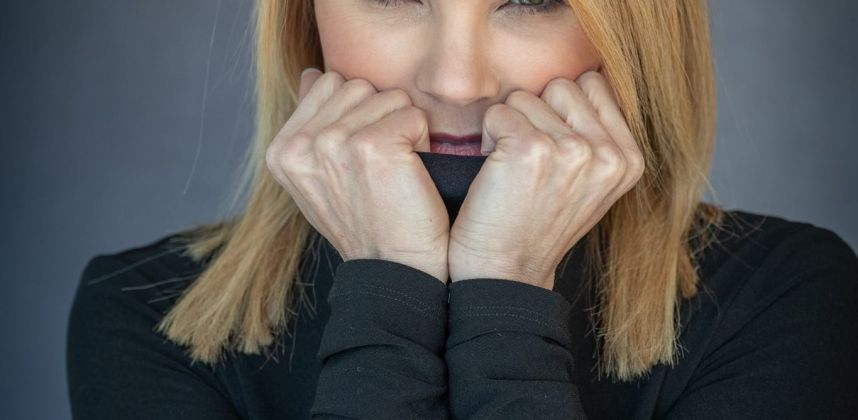How to prepare for an interview?
We had the pleasure of meeting Philip Botha again. You can see the first interview HERE.
How to prepare for an interview?
When presenting the film and photos, we thought about those who do not have the ease of presenting themselves in interviews as our guest does.
Definitely more and more you can meet with interviews. Since the Internet has given us a free film and advertising platform, such as Youtube or Vimeo, we have the opportunity to speak “in public” more and more often. And in the era of a pandemic, interviews via the Internet often turned out to be the only option available for TV or private channels in social media.
Everything we practice, we get better and better. If you want to be a good speaker – speak, if you want to be a good writer – write. This was known in antiquity, and research on the brain only confirmed it.
It’s easy to say … how to practice if you are before your first interview. Below we have gathered some information that may be useful to you if you are invited to an interview on TV or online.
How to prepare for an interview?
1. Find out what the journalist expects of you
Determine it very carefully. Why did the journalist invite you at all? What interests him the most? If he suggests on the phone that he wants to talk about the consumption of bread in our country, let’s not immediately start making a list of the number of breads and croissants sold in the last quarter, but ask if this is what he means. You may find that he replies, “No, no! I just want to know what bread is worth eating. And should you eat it at all, or is it better to replace it with something? ”
Specifying the topic is very important – especially when we are scheduled for an interview by, for example, an editorial assistant. If you set this up in advance, you’ll save yourself a stressful misunderstanding right before stepping into the vision.
2. Make the interview interesting
You and the journalist have the same goal – you want the interview to be interesting. So don’t be shy to ask what questions you can expect. It is good to signal right away: “I will answer this question yes and yes.” You will be surprised how often you hear from a journalist: “And I thought it was completely different! Good thing I found out about it now. My next questions must be completely different. ”
3. Promote your achievements
Before the interview, write down the two or three most important points of your speech. And tell about them as soon as the opportunity arises. Remember that interviews are usually short and it is up to you to ensure that you talk about the merits of the matter. It would be nice if you could tell what is most important in 30 seconds.
4. Talk about what’s new
Try to make it fresh. What’s new? What is the breakthrough? What’s new in research on a given topic? Latest books on this topic?
5. Take care of your appearance
Get the right outfit. If you are not wearing a uniform (police, dentist, doctor, etc.), take care of a blouse or shirt with a collar that is plain rather than patterned. You have to look neat. Better to overdo your elegance a little than to look sloppy. Before entering the vision, use the services of a make-up artist.
6. Practice
It’s a good idea to rehearse your line before speaking and check how you perform during the recording. You will certainly be informed where the interview will be, if not, find out where it will take place. In the studio or in your office / plant, in front of a computer camera? Will you be standing or sitting? Once you find out all this, film your speech – even with your mobile phone – and then watch it carefully.
During an interview
It is the journalist who will introduce you by name at the beginning of the conversation, so do not repeat after him. Instead, be sure to be concise and vivid about what you do.
But be aware that half of the viewers will go to make tea and the other half will change the channel.
Therefore, when the journalist asks you to briefly introduce yourself and your activity, say rather: “If you noticed that the lettuce you eat immediately makes you feel good, I will briefly explain why this is so. I will also tell you what fruit can be effectively replaced by an anti-wrinkle cream. I deal with this type of research on a daily basis at the Measure Research Institute.
Promoting science in this form sounds better, doesn’t it?
If you are just making your debut in front of the camera, come to the TV / agency a little earlier. You need time to catch your breath. Ideally, you could talk to the journalist for a few minutes before recording. This will make you relaxed and calm in the vision. An interview with you can be broadcast live or edited and played some time later.
How to prepare for an interview?
During the assembled interview:
Don’t answer with one word. When editing interviews, the journalist’s questions are often cut out and only the statements of the interlocutor are left, so answer in full sentences – so that the viewer can keep up with you and does not get lost.
Do not hesitate to ask for the recording of the answers to a question to be repeated if you are dissatisfied with it.
During the live interview:
Stick to your research results, don’t get distracted by unnecessary details.
If a journalist strays, don’t hesitate to put the conversation back on track by saying, “I haven’t researched this, but I know …”
Your statements may be longer, but they must then be more thoughtful. There are no repetitions in the live interview!
Good luck!
How to prepare for an interview?


